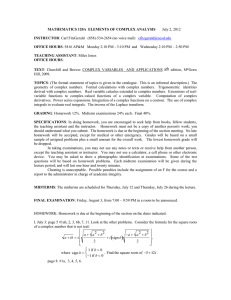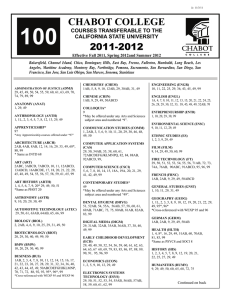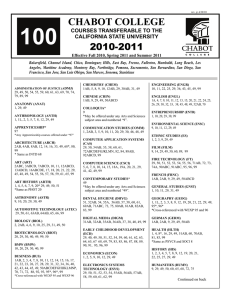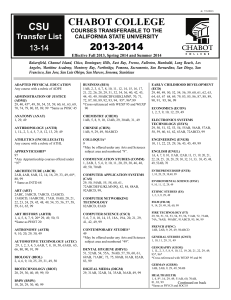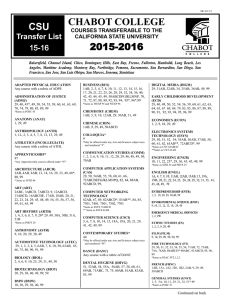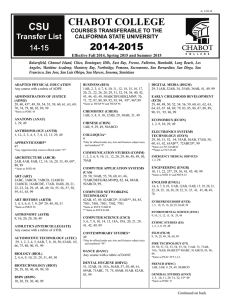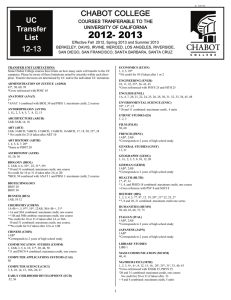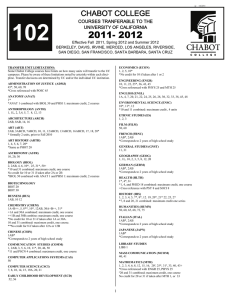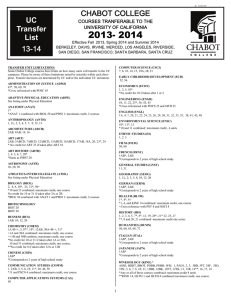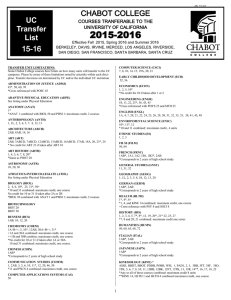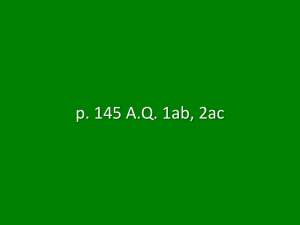2b. How do contractile vacuoles help maintain water balance?
advertisement
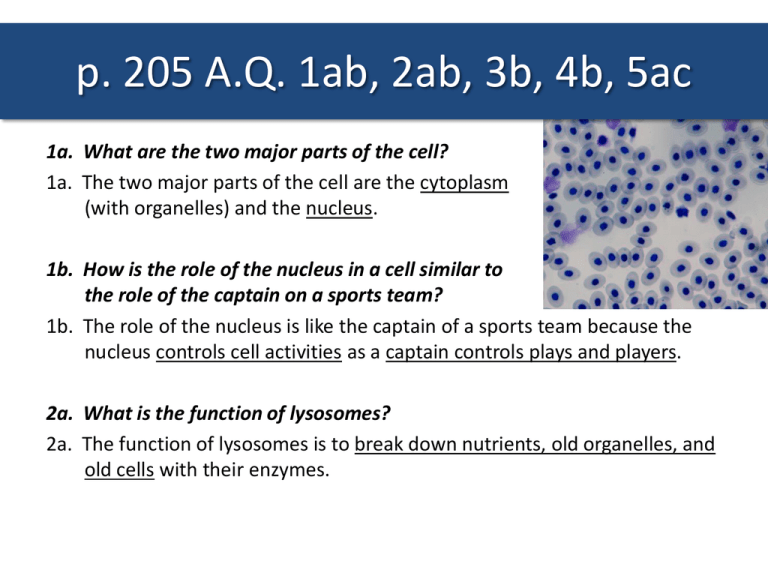
p. 205 A.Q. 1ab, 2ab, 3b, 4b, 5ac 1a. What are the two major parts of the cell? 1a. The two major parts of the cell are the cytoplasm (with organelles) and the nucleus. 1b. How is the role of the nucleus in a cell similar to the role of the captain on a sports team? 1b. The role of the nucleus is like the captain of a sports team because the nucleus controls cell activities as a captain controls plays and players. 2a. What is the function of lysosomes? 2a. The function of lysosomes is to break down nutrients, old organelles, and old cells with their enzymes. p. 205 A.Q. 1ab, 2ab, 3b, 4b, 5ac 2b. How do contractile vacuoles help maintain water balance? 2b. Contractile vacuoles help maintain water balance by pumping out excess water. p. 205 A.Q. 1ab, 2ab, 3b, 4b, 5ac 3b. Describe the steps involved in the synthesis, packaging, and export of a protein from a cell. 3b. Your answer here! p. 205 A.Q. 1ab, 2ab, 3b, 4b, 5ac 4b. You examine an unknown cell under a microscope and discover that the cell contains chloroplasts. From what type of organism does the cell likely come? 4b. The cell likely comes from a plant (or certain unicellular organisms called protists). Plant Cells Protists p. 205 A.Q. 1ab, 2ab, 3b, 4b, 5ac 5a. Why is the cell membrane sometimes referred to as a fluid mosaic? What part of the cell membrane acts like a fluid? And what makes it like a mosaic? 5a. The cell membrane is sometimes referred to as a fluid mosaic because it is made of many parts that can float around in the membrane. 5c. Why do you think it’s important that cell membranes are selectively permeable? 5c. It’s important that cell membranes are selectively permeable because selective permeability allows needed substances to enter the cell and wastes to leave while keeping out molecules that are not needed.
